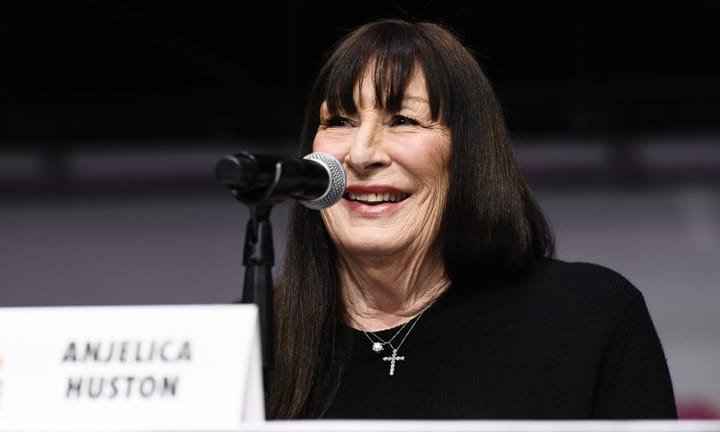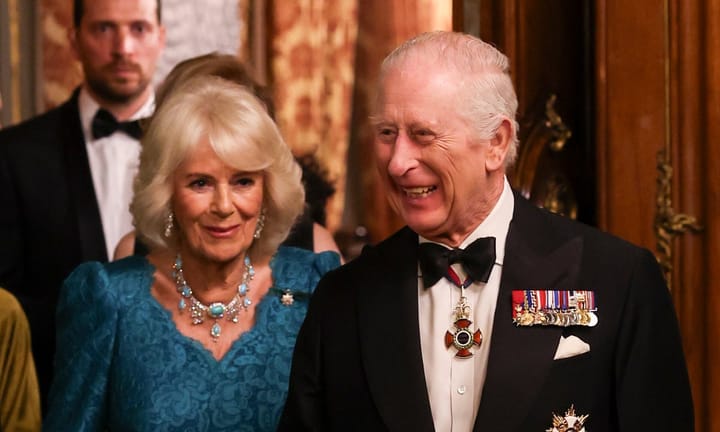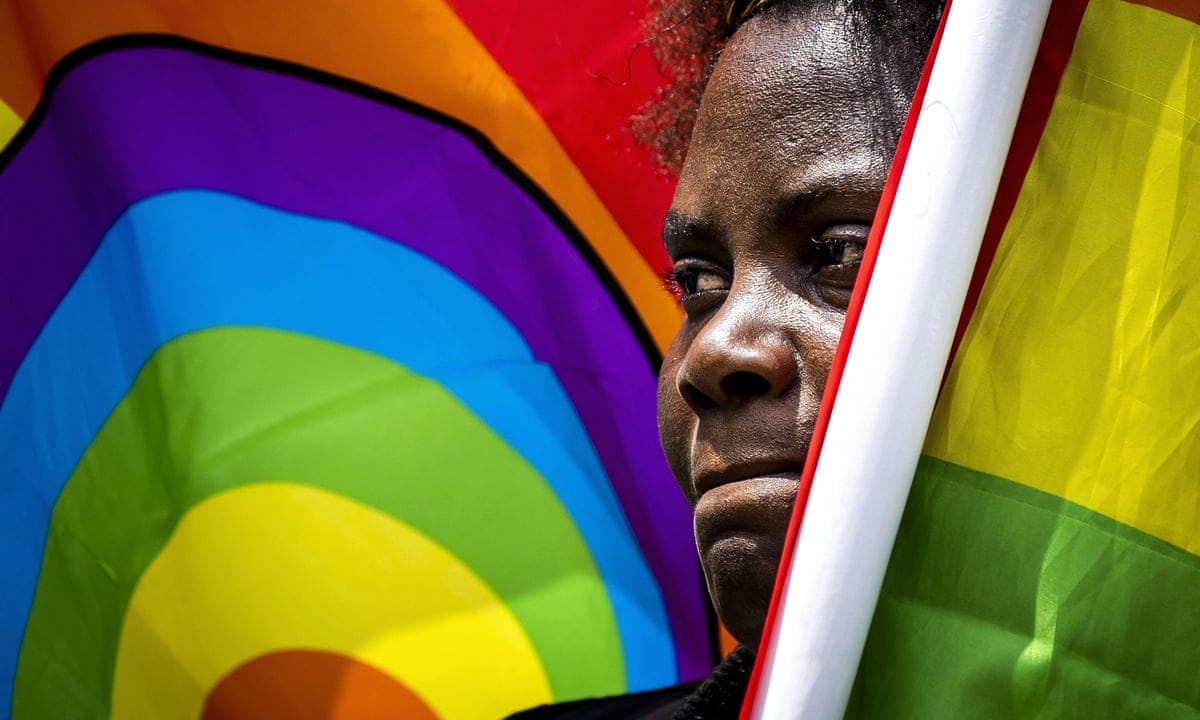Dutch coalition government is contemplating dispatching Africans whose refugee pleas are denied to Uganda as part of strategies that critics label "impractical."
Reinette Klever, the Netherlands' trade and development minister who belongs to Geert Wilders’ Freedom party (PVV), mentioned this concept during her recent trip. The Dutch broadcaster NOS reported these developments on Wednesday without elaborating further details about feasibility or legality of such an initiative—a plan involving rejected asylum seekers from Uganda and nearby countries being relocated to the East African nation in return for financial remunsations.
“Our primary goal is reducing migration,” Klever stated, emphasizing a desire towards curbing movement flows within these parameters of discussion. Her proposition was merely part of several potential solutions she briefly deliberated during her visit and appears at an embryonic stage as the Dutch government investigates what may be lawful or beneficial in this context—clarified by ministry spokesperson via email correspondence.
Jeje Odongo, Uganda's foreign affairs minister indicated openness to these propositions without providing any explicit commitments: “We are willing for dialogue,” he expressed his stance during a NOS interview.
Wilders received this initiative positively on social media platforms despite reservations from other members within the four-party coalition government, owing primarily to Uganda’s stringent anti-LGBT legislation and inconsistent human rights record—concerns echoed by Claudia van Zanten of a conservatively inclined farmers' party (BBB) as well.
Despite these reservations from within the Dutch coalition, opposition politicians have criticized this initiative for diverting attention away from broader issues at hand—a sentiment expressed robustly by Jesse Klaver of Green Left Party: “This is an attempt to draw focus elsewhere when we haven’t made significant strides in other areas,” he lamented.
Rob Jetten, leader of D66 party too described the idea as "ill-considerate and unachievable." He referenced similar failed attempts by Denmark and UK where no migrants ended up relocating to Africa following these initiatives—estimated at a massive cost for British taxpayers.
The Dutch coalition government, which assumed power in July has shown keen interest on tightening immigration controls despite EU data suggesting Netherlands receives an average number of asylum requests compared with other member states - two applications per 1000 residents last year according to the same source used here without disclosing country-specific rates.
Read next

Dominican Republic halts rescue efforts following devastating ceiling failure at nightclub incident
Rescue teams in the Dominican Republic on Wednesday concluded their search for survivors following a catastrophic nightclub roof collapse—this marks one of its most tragic disasters over recent years, with confirmed death toll rising beyond 180 individuals within this Caribbean nation.
Authorities announced an additional count of 60 fatalities

Angelica Huston Discloses Past Cancer Diagnosis; Now Fully Recuperated and Clear of Disease
Anjelica Huston disclosed her cancer diagnosis six years ago after the release of her 2019 film John Wick: Chapter 3 – Parabellum. The actress prefers not to divulge specific details about the type of cancer she faced but expressed pride in overcoming this serious health challenge, which required significant changes to

Royal Visit: King Charles and Queen Camilla Surprise Papal Counterpart at Recovery
The British monarch Charles and his consort Camilla paid an unexpected visit to Pope Francis during their four-day official trip across Italy.
They met with the pontiff at his residence within Casa Santa Marta inside Vatican City where he recovers from a severe lung infection caused by pneumonia, which had

